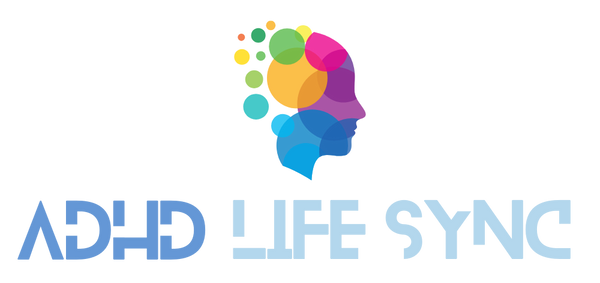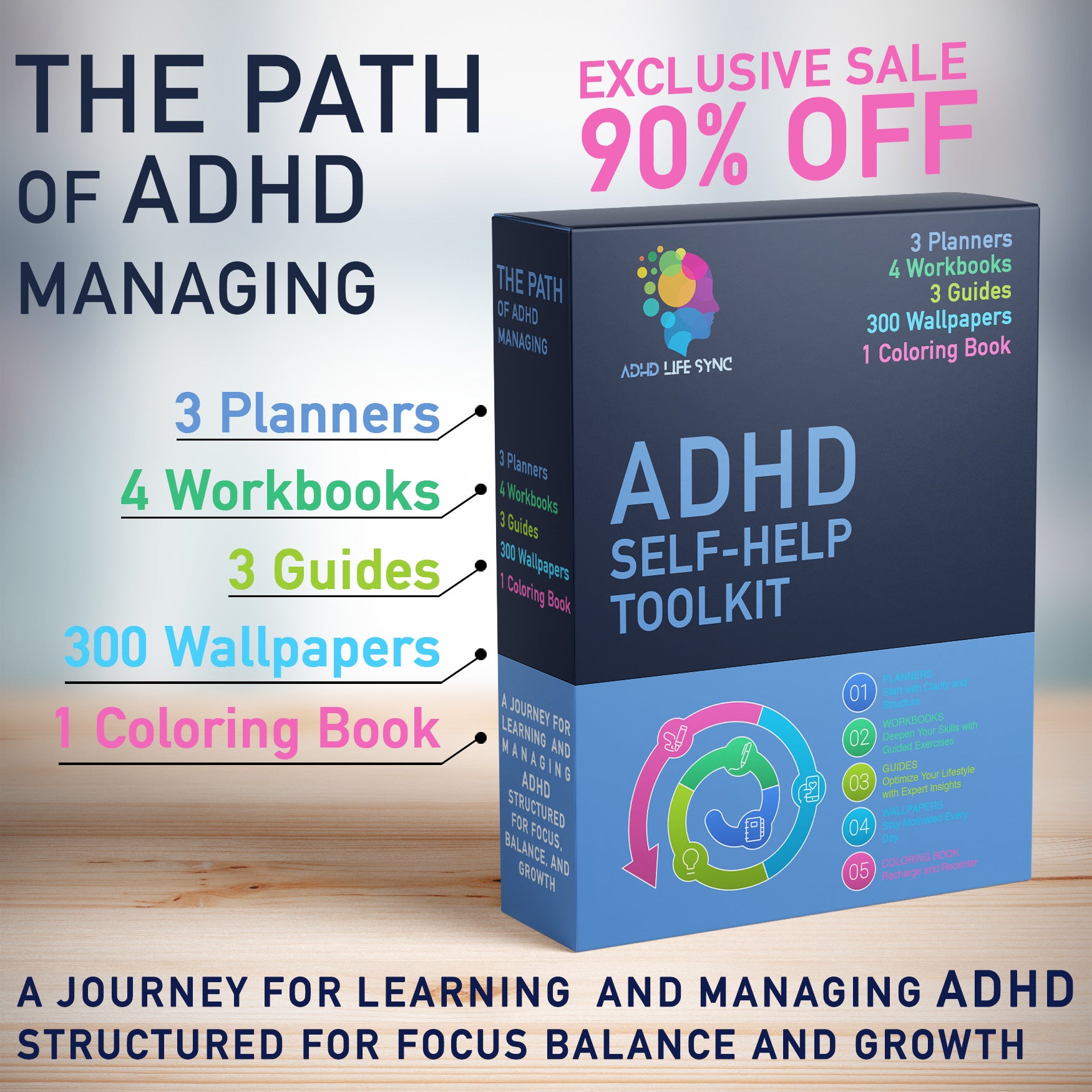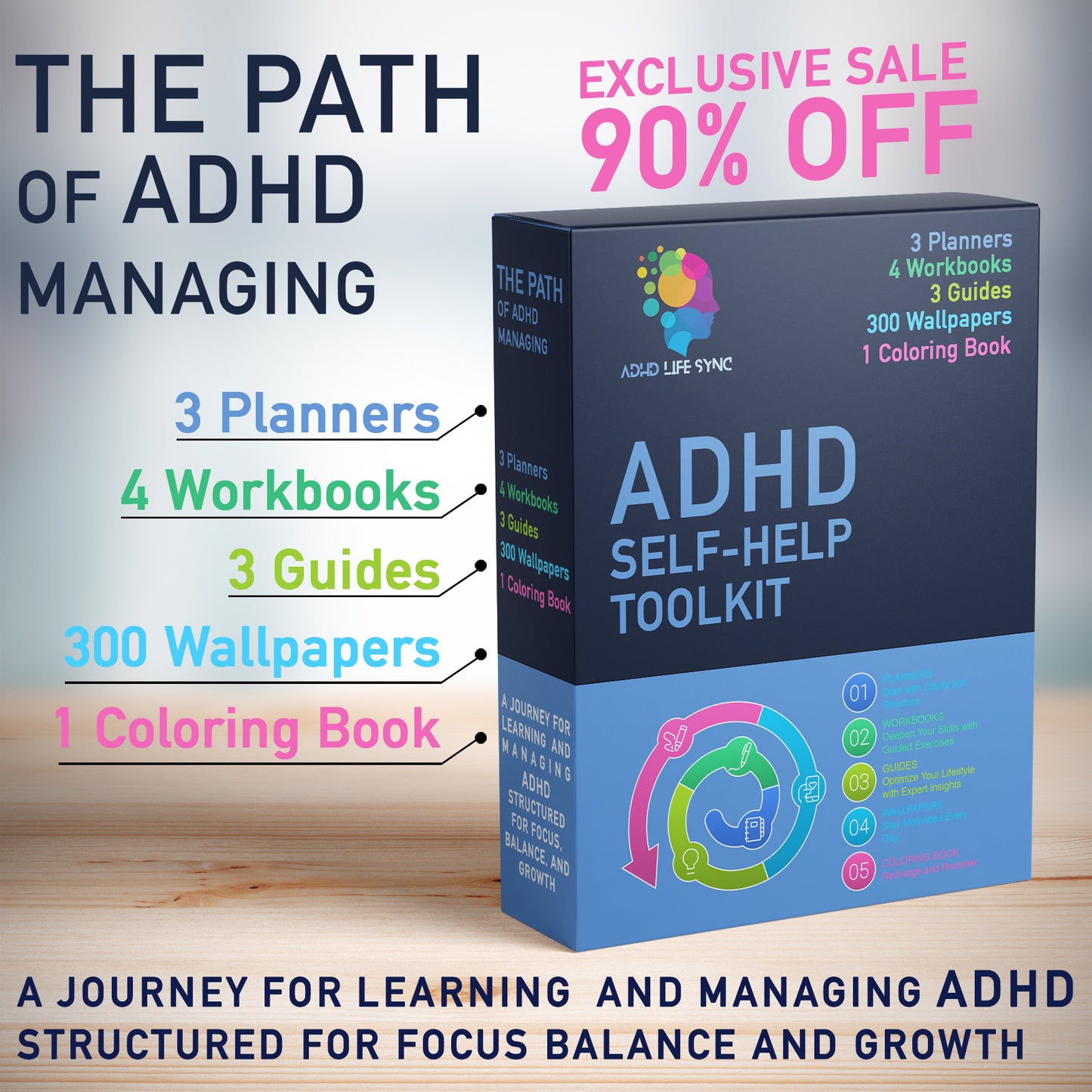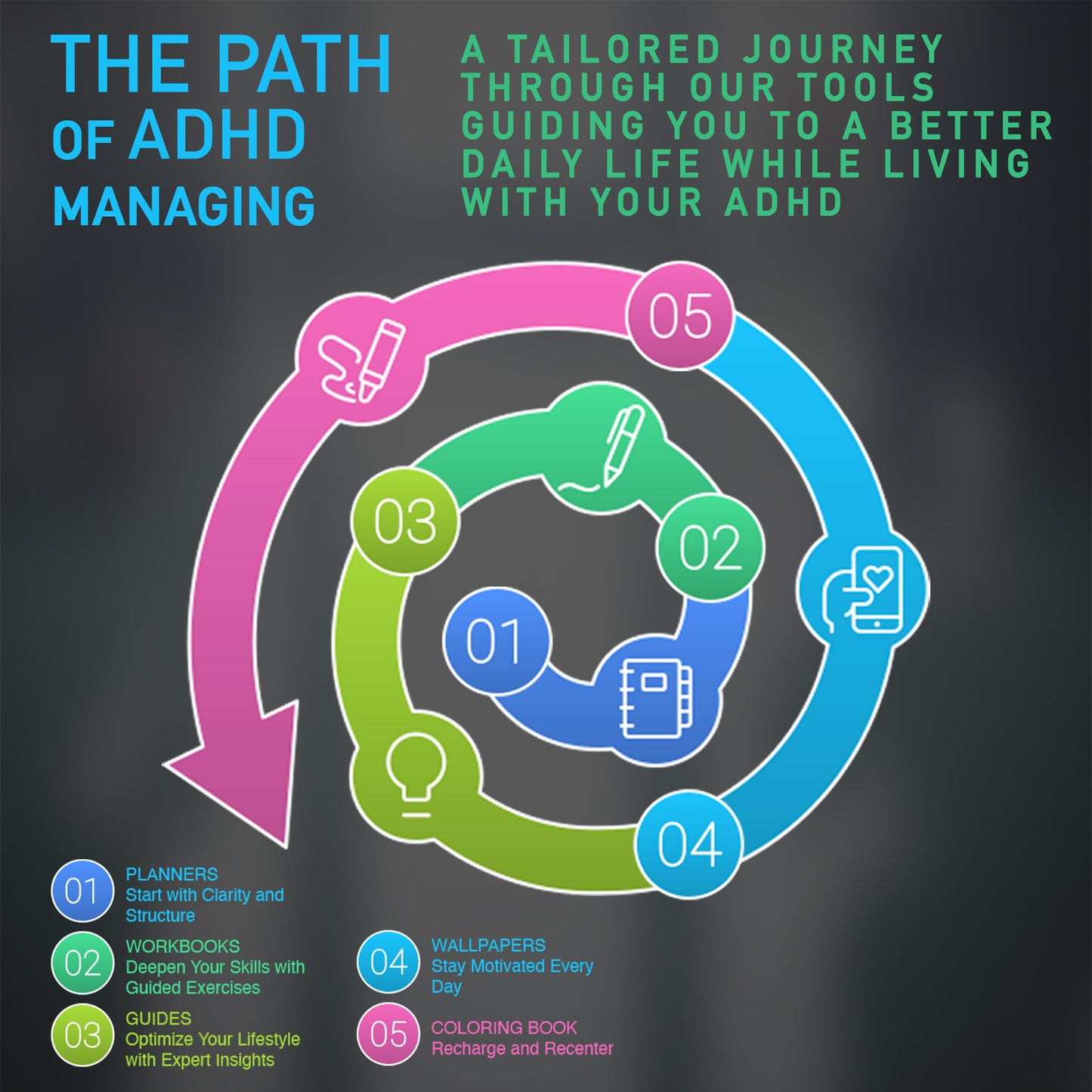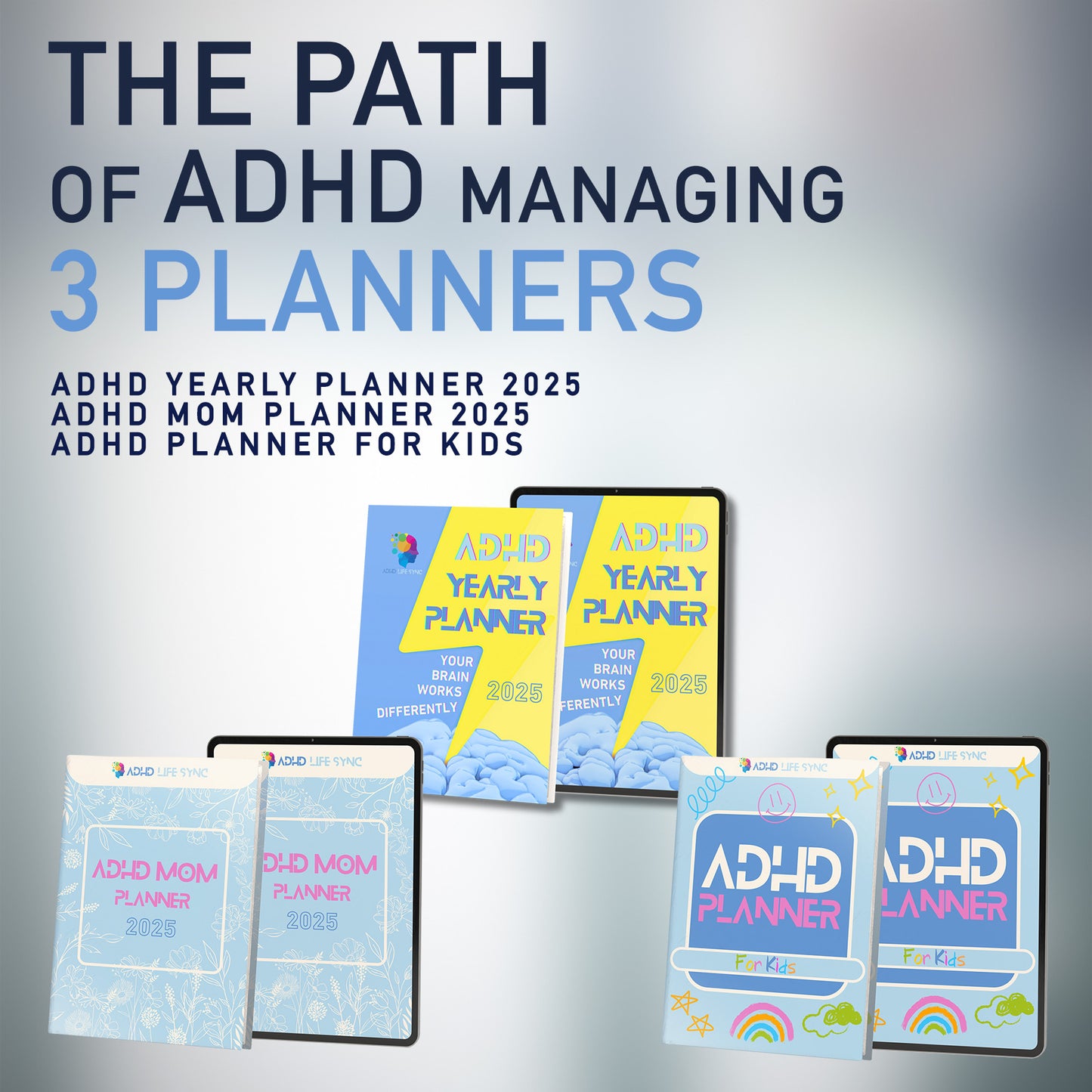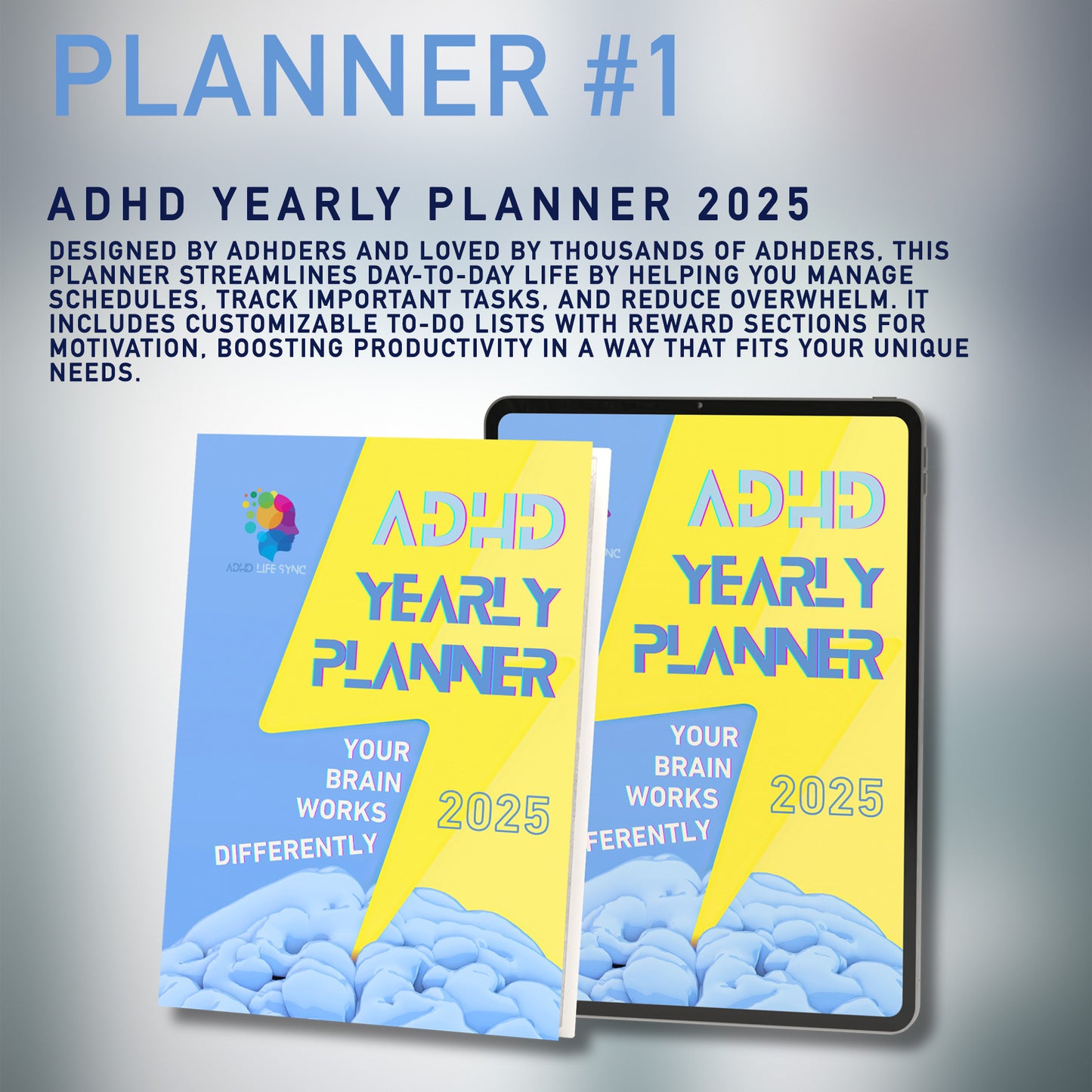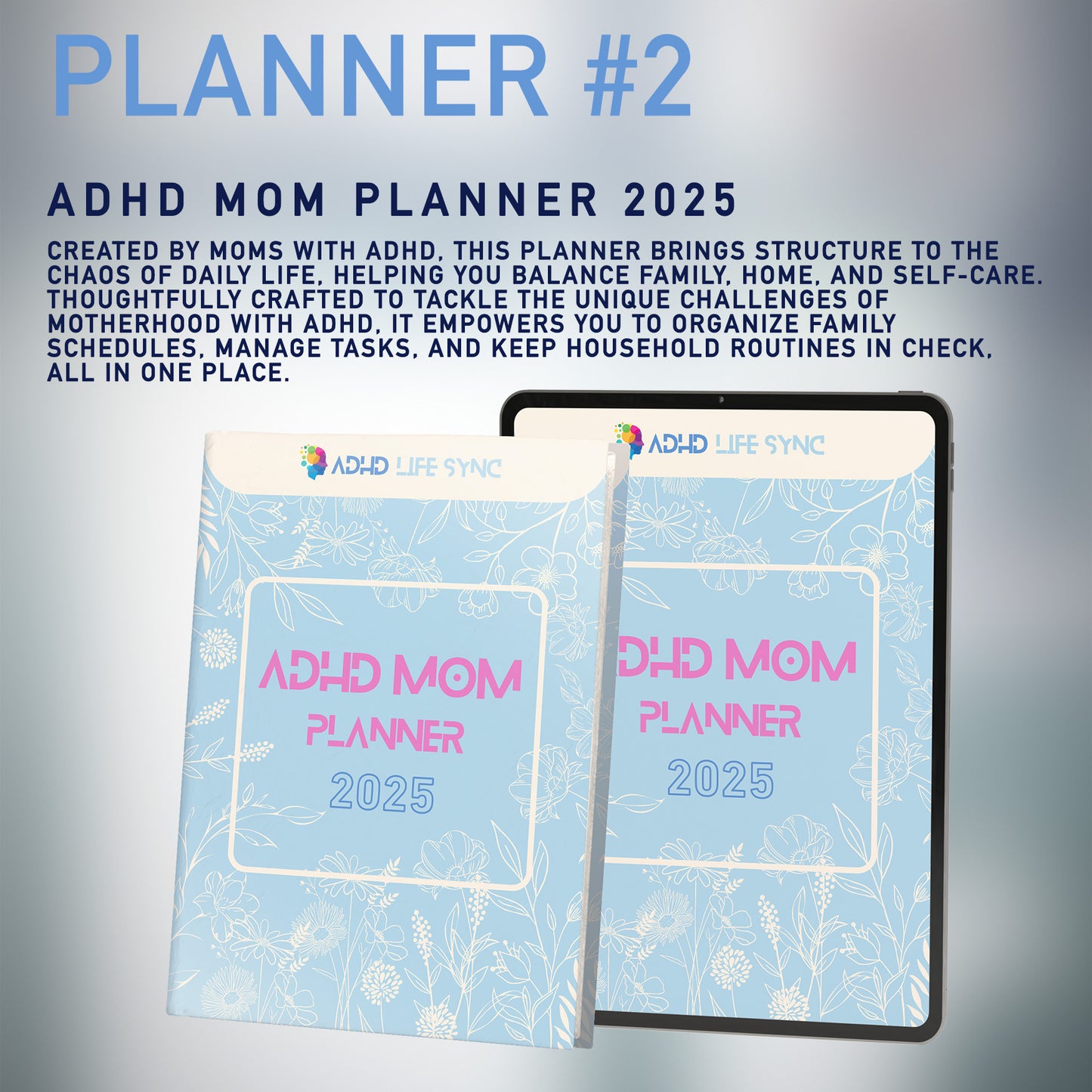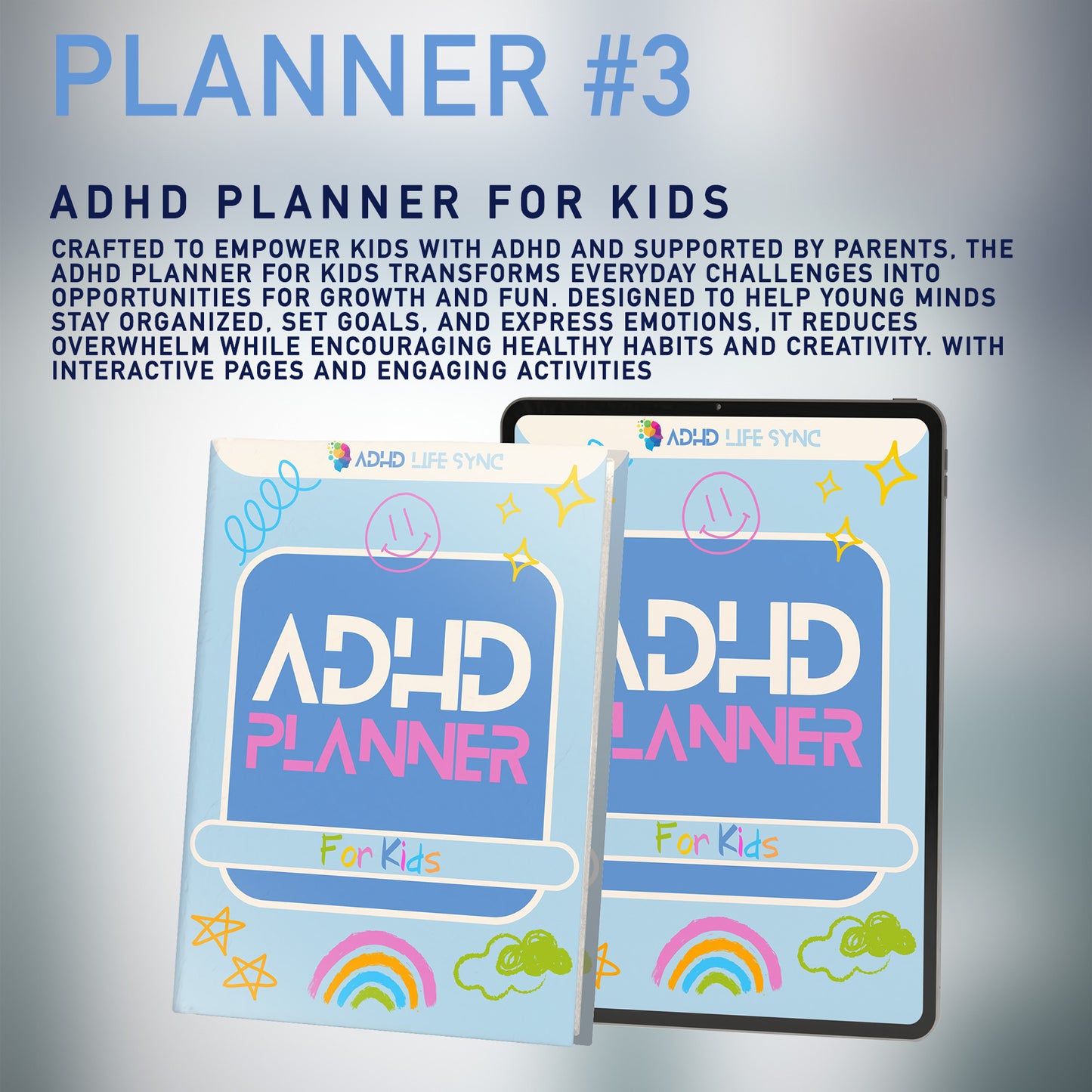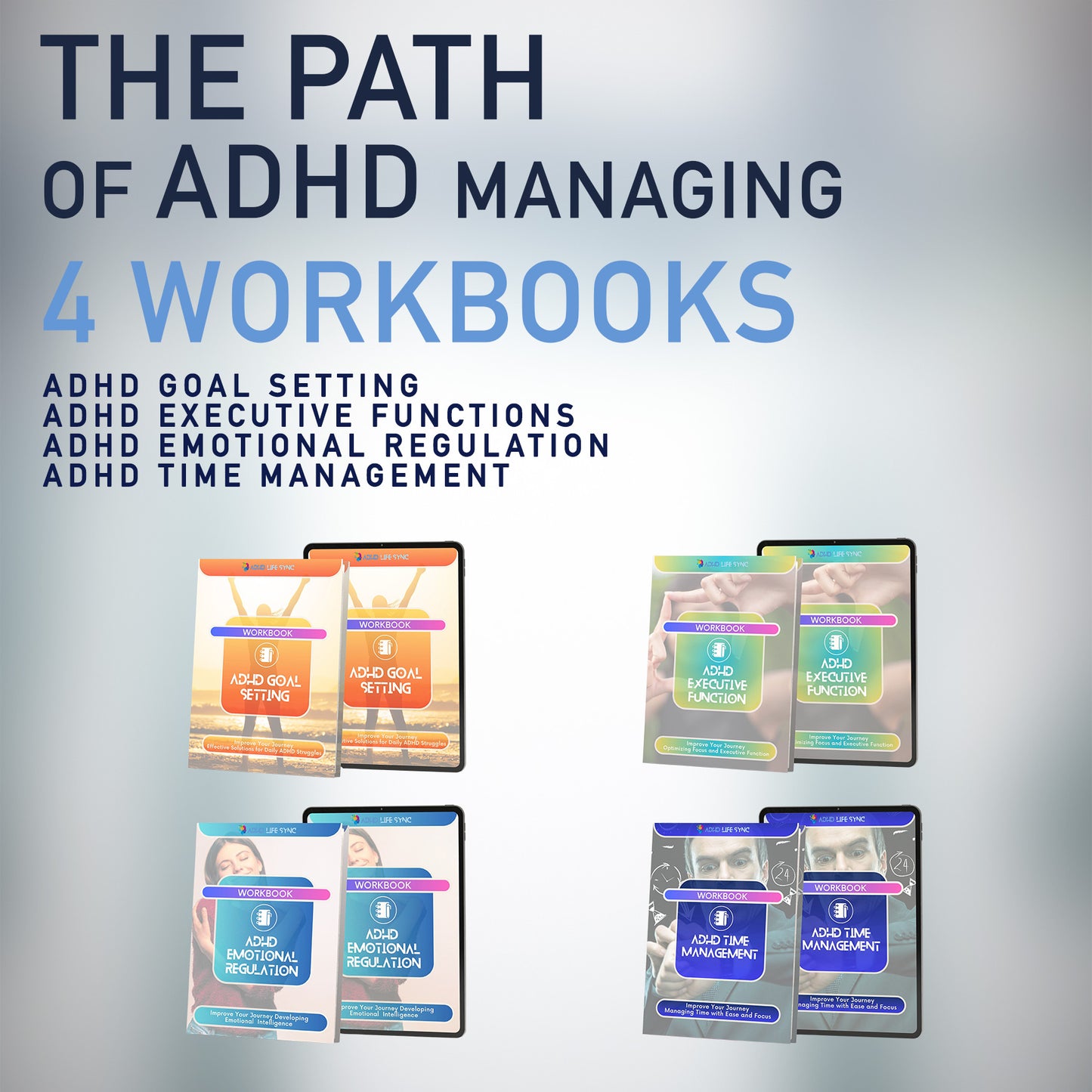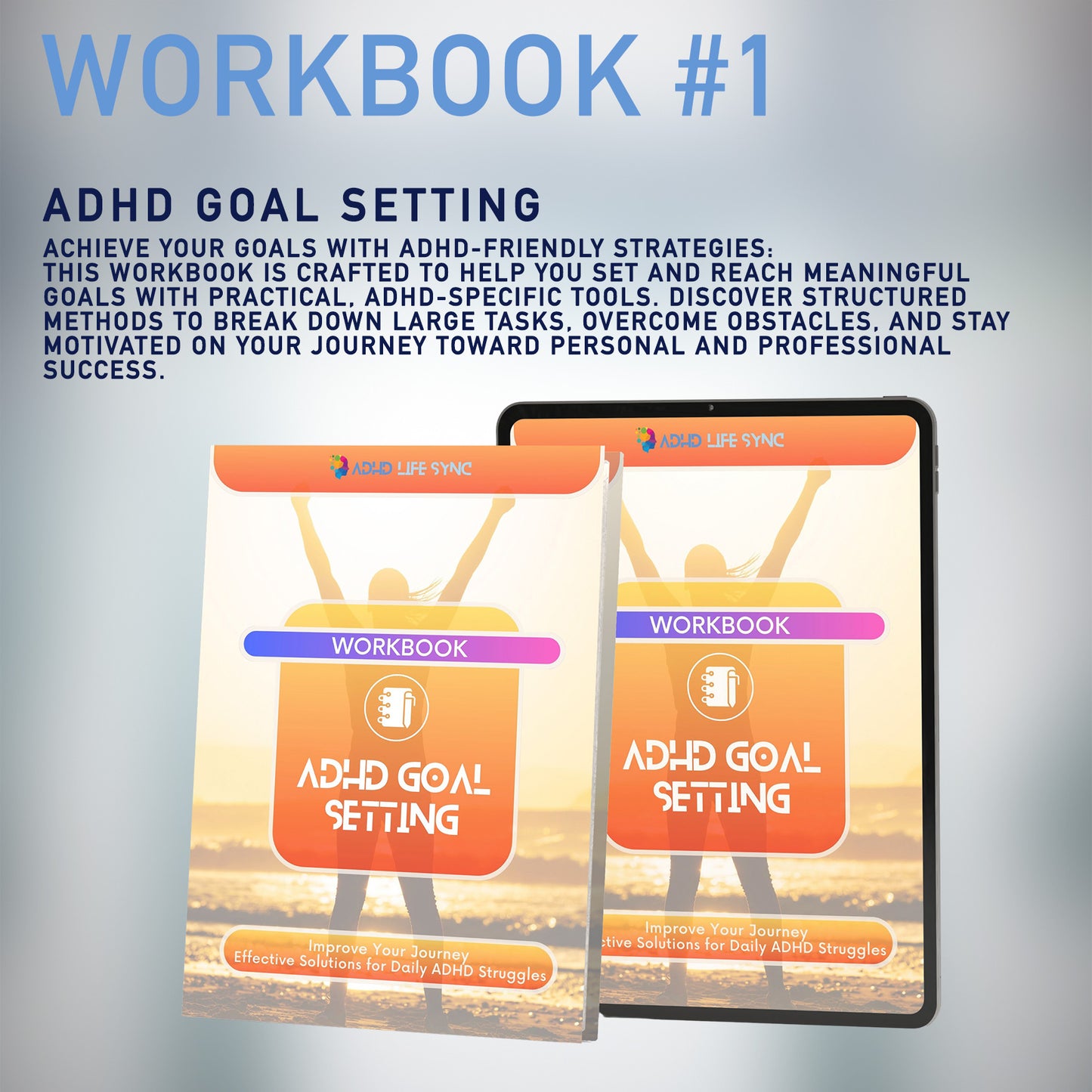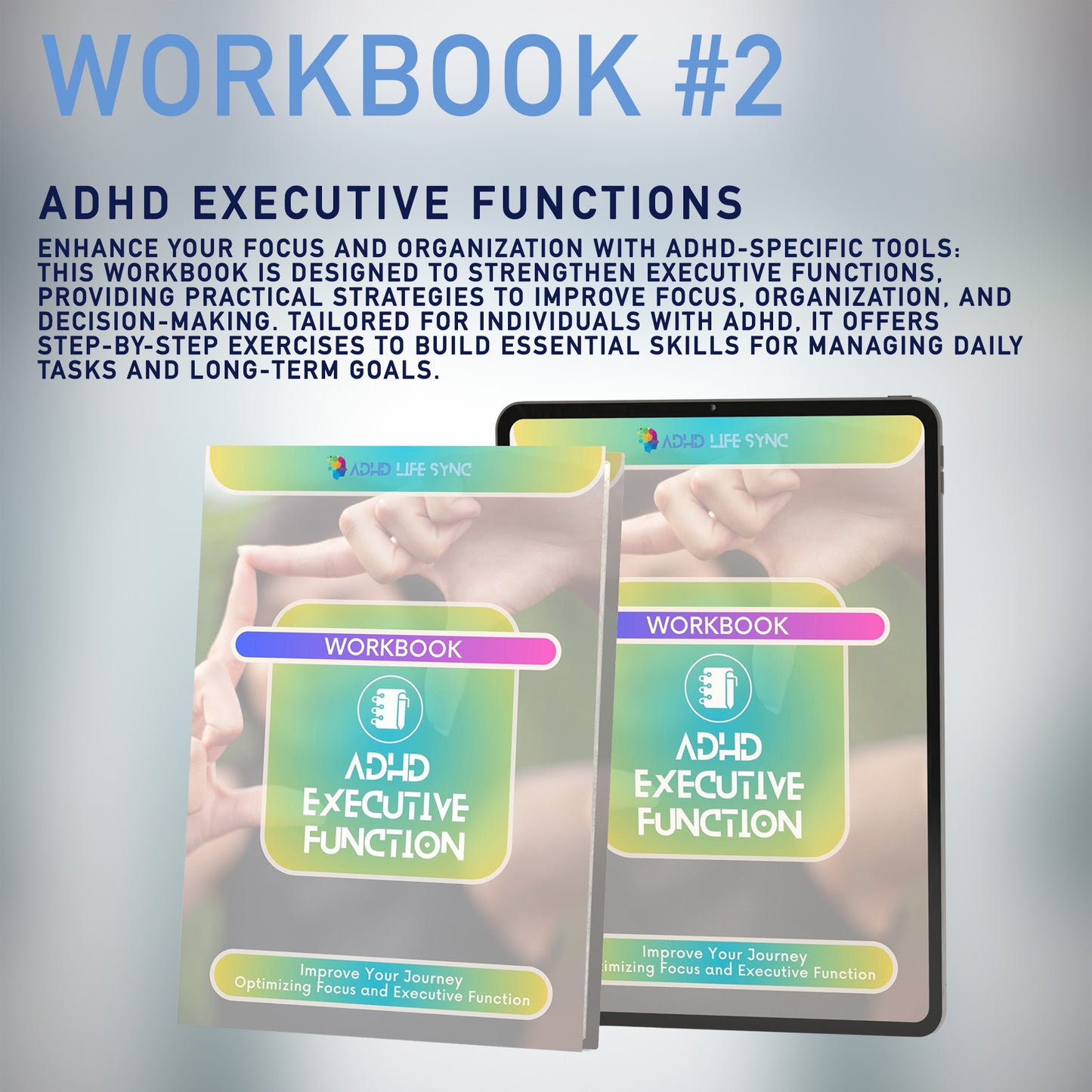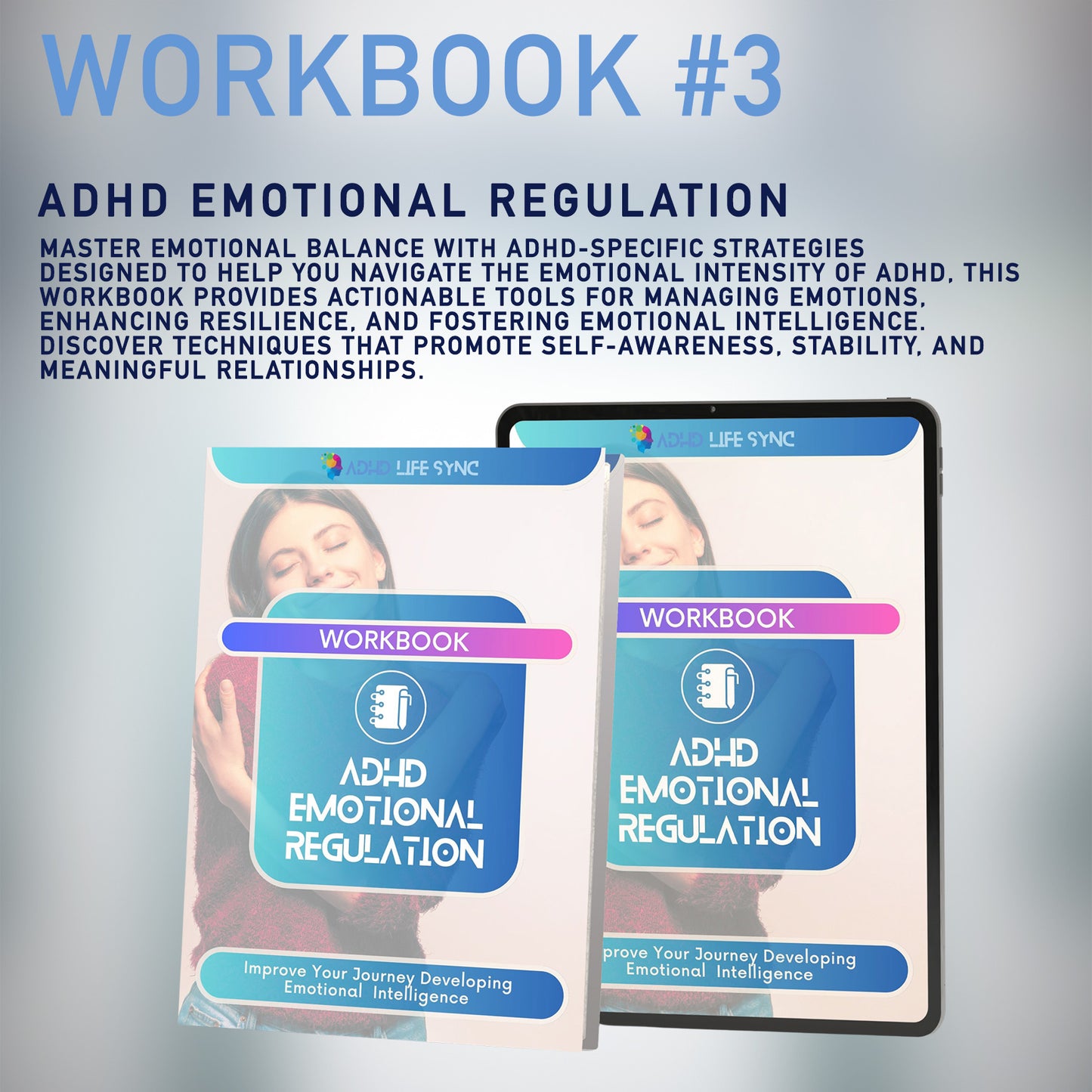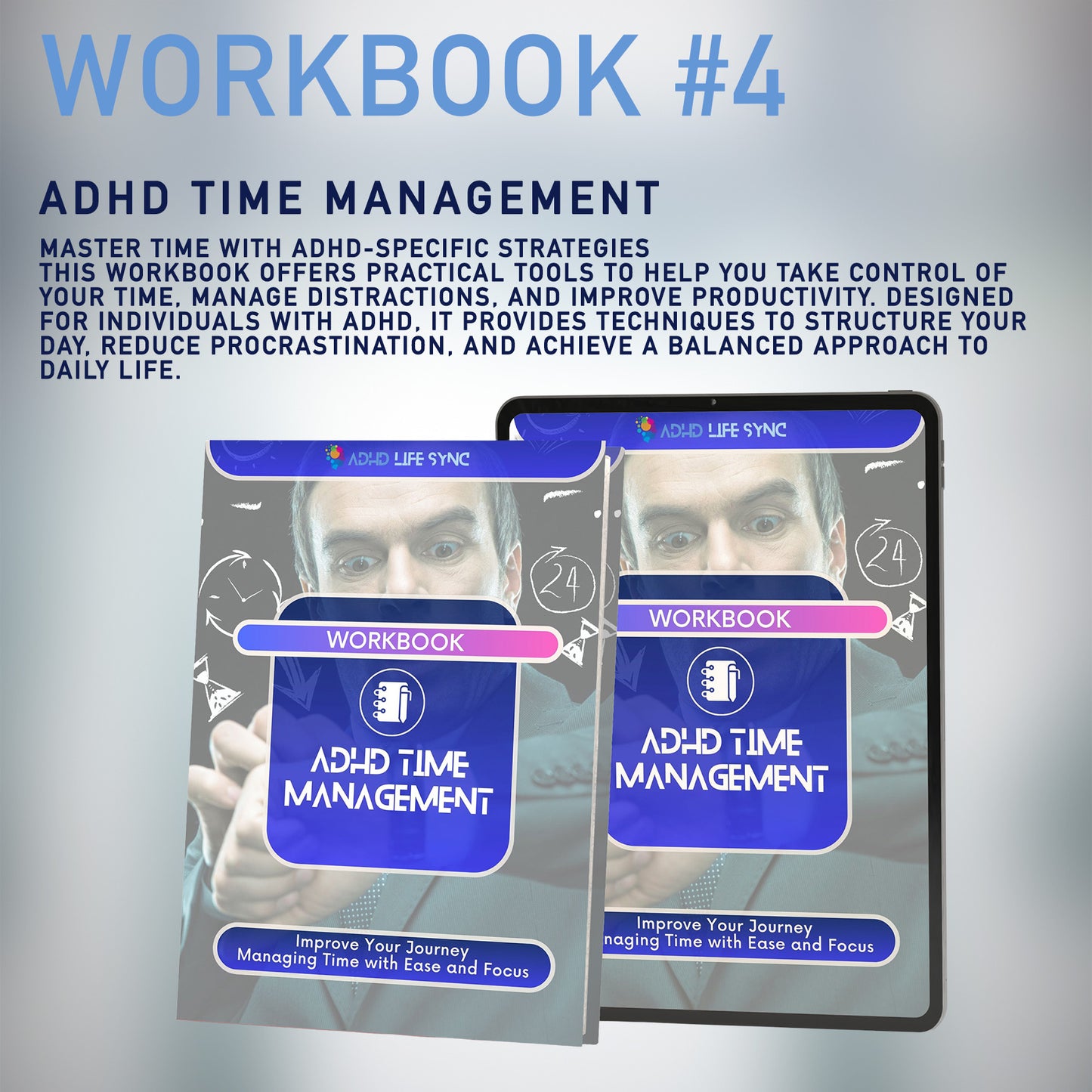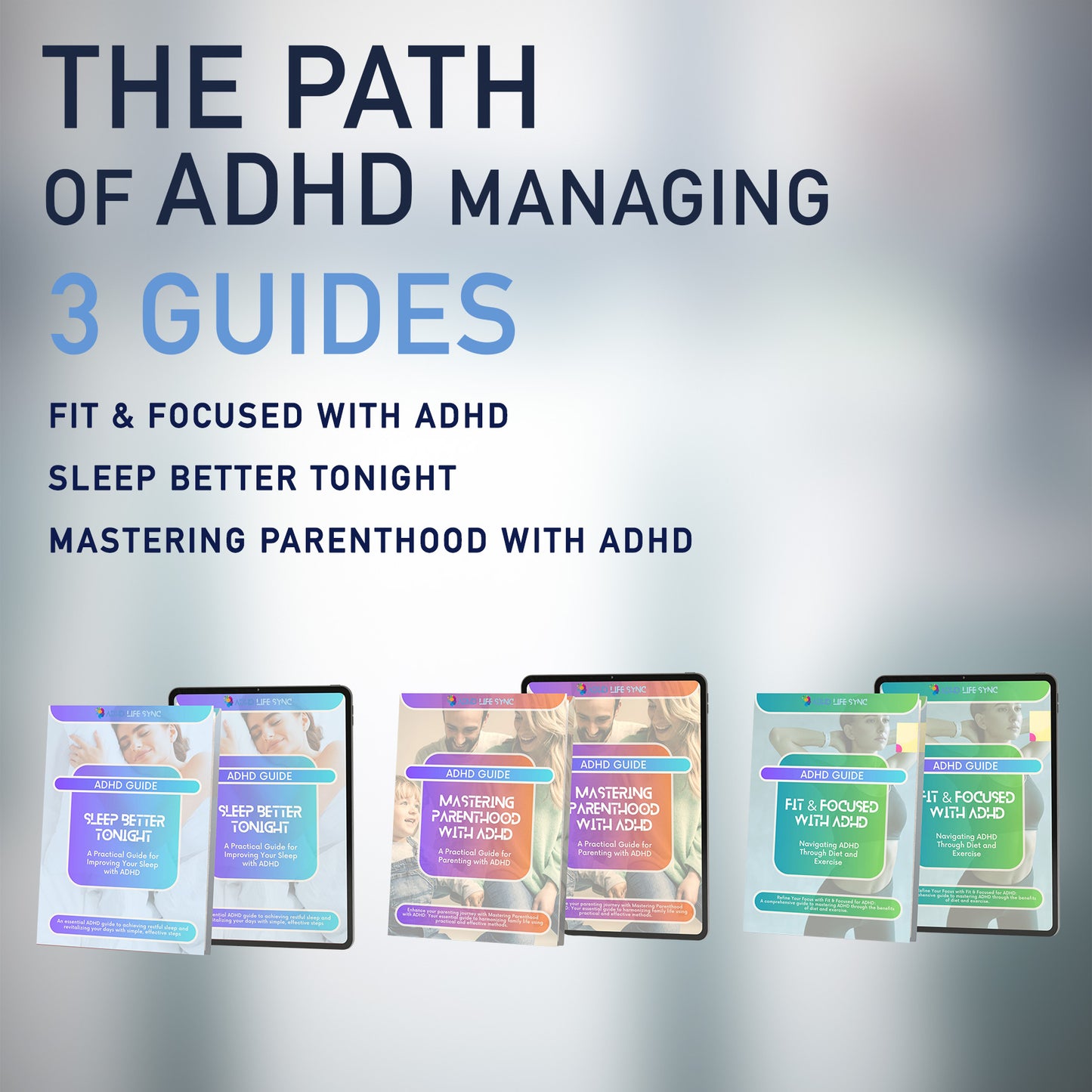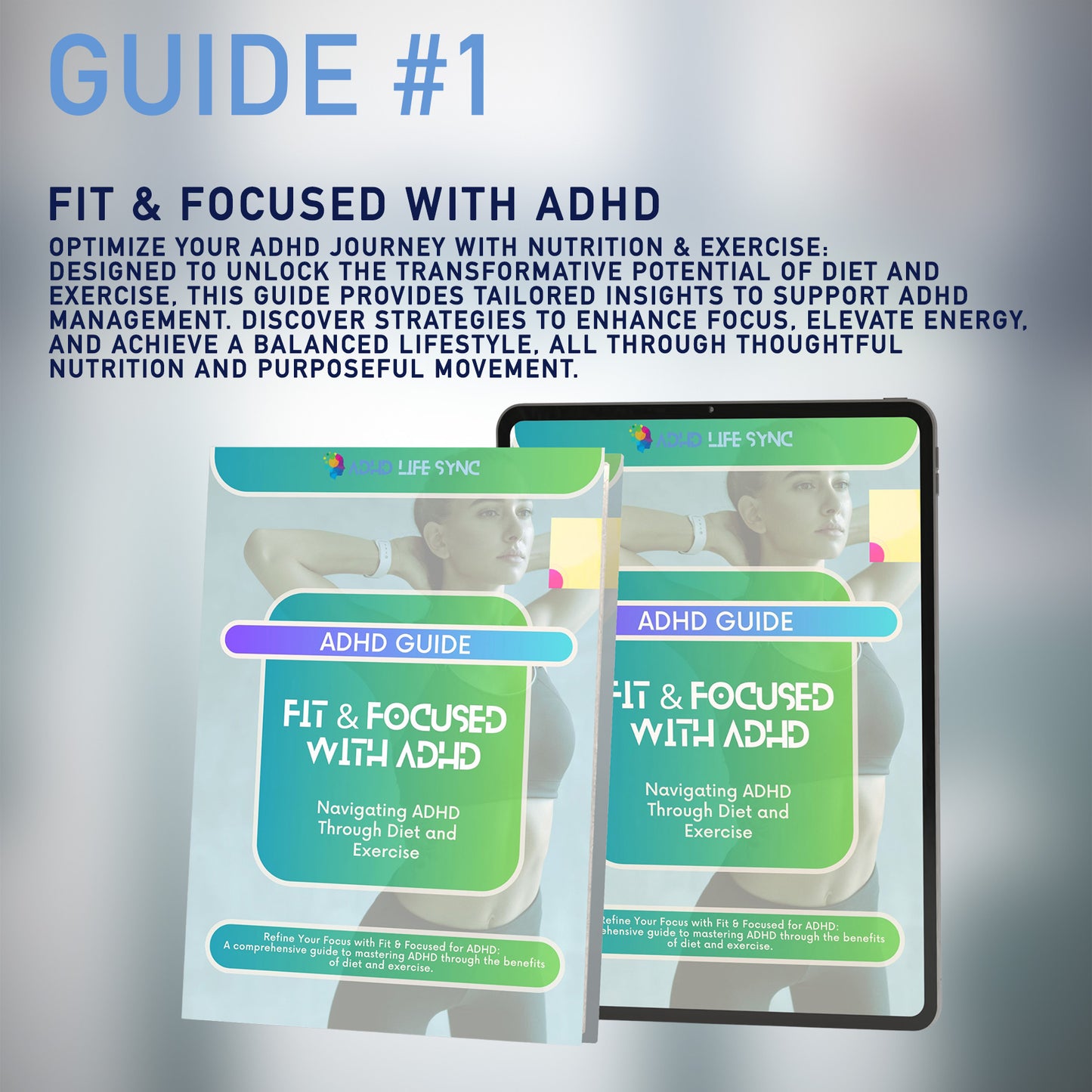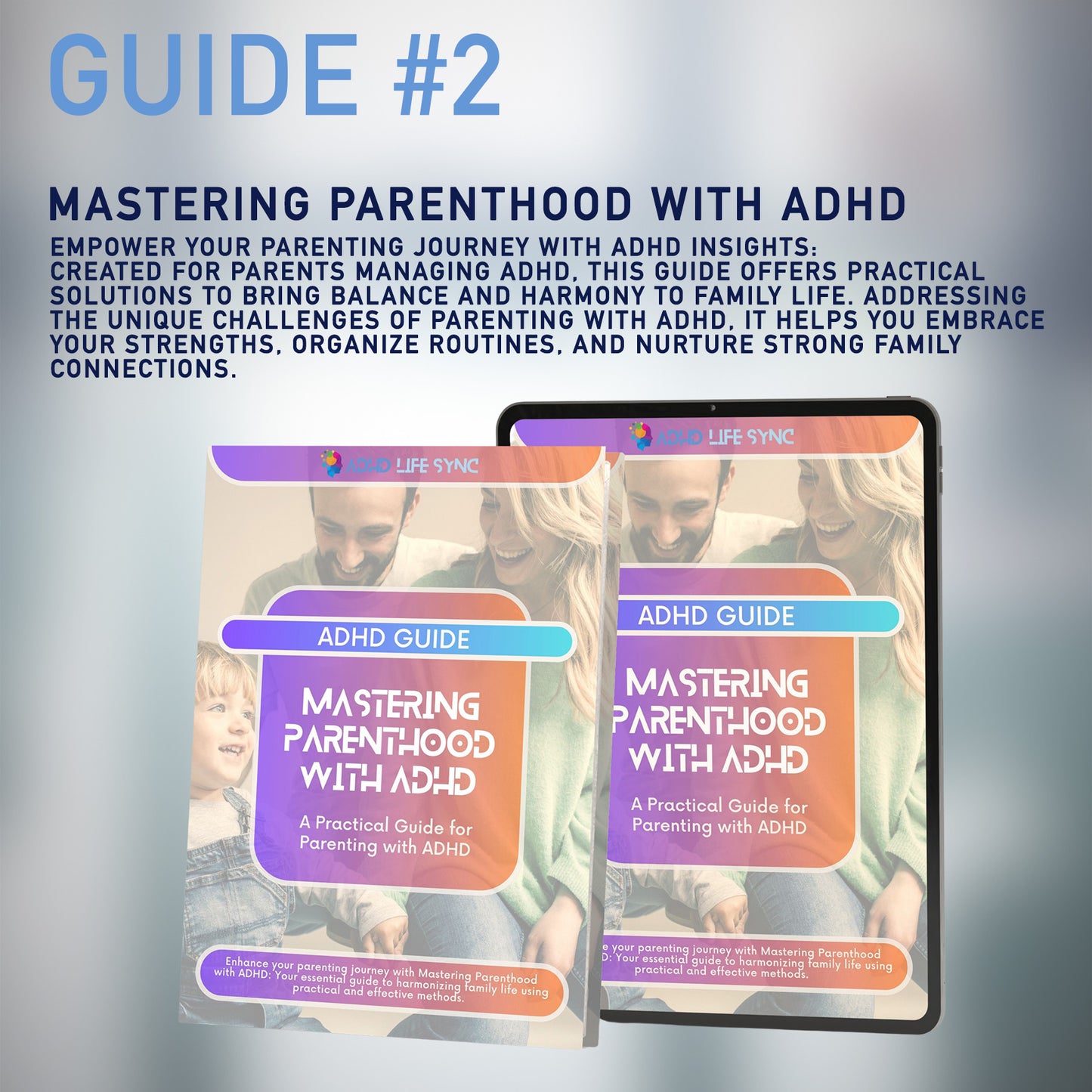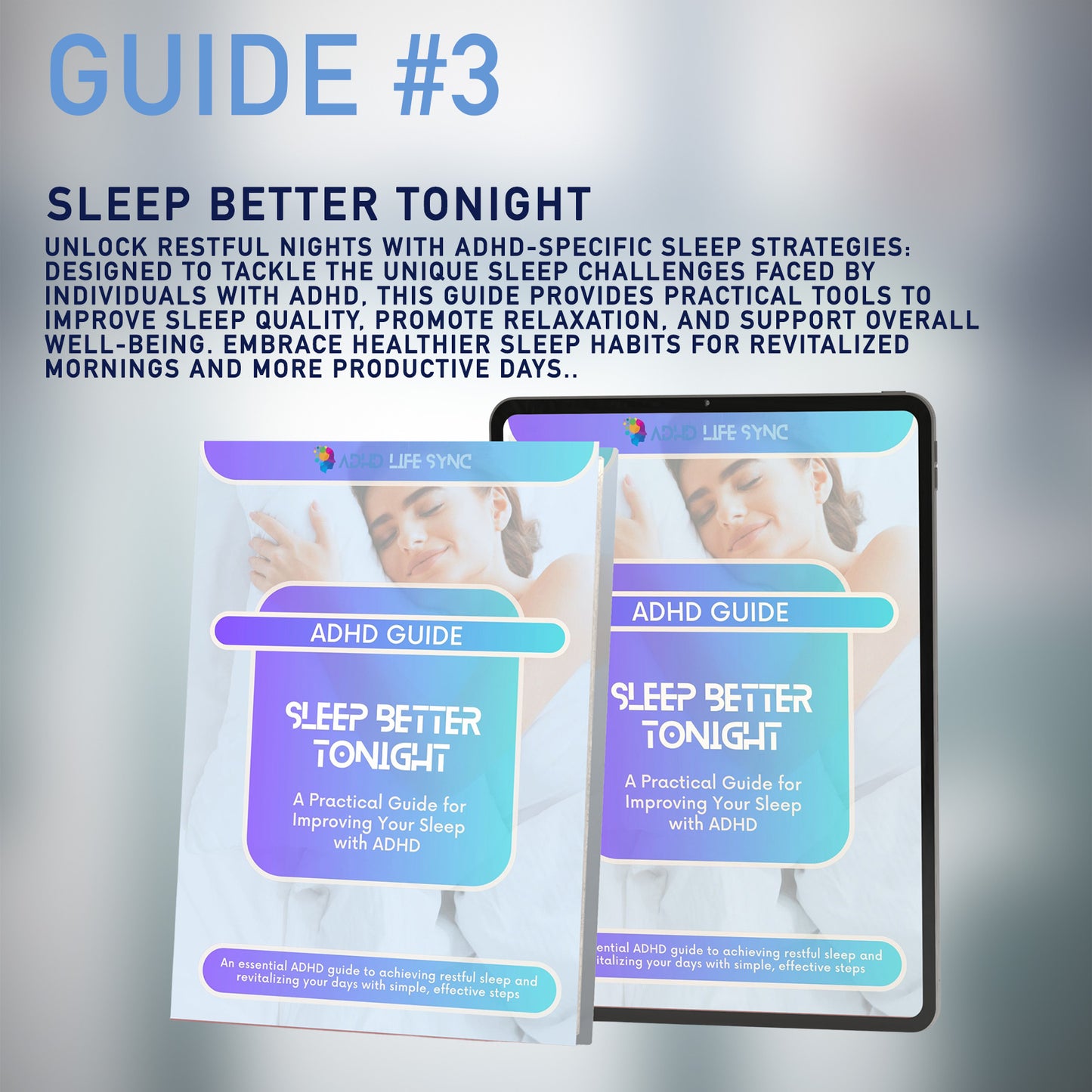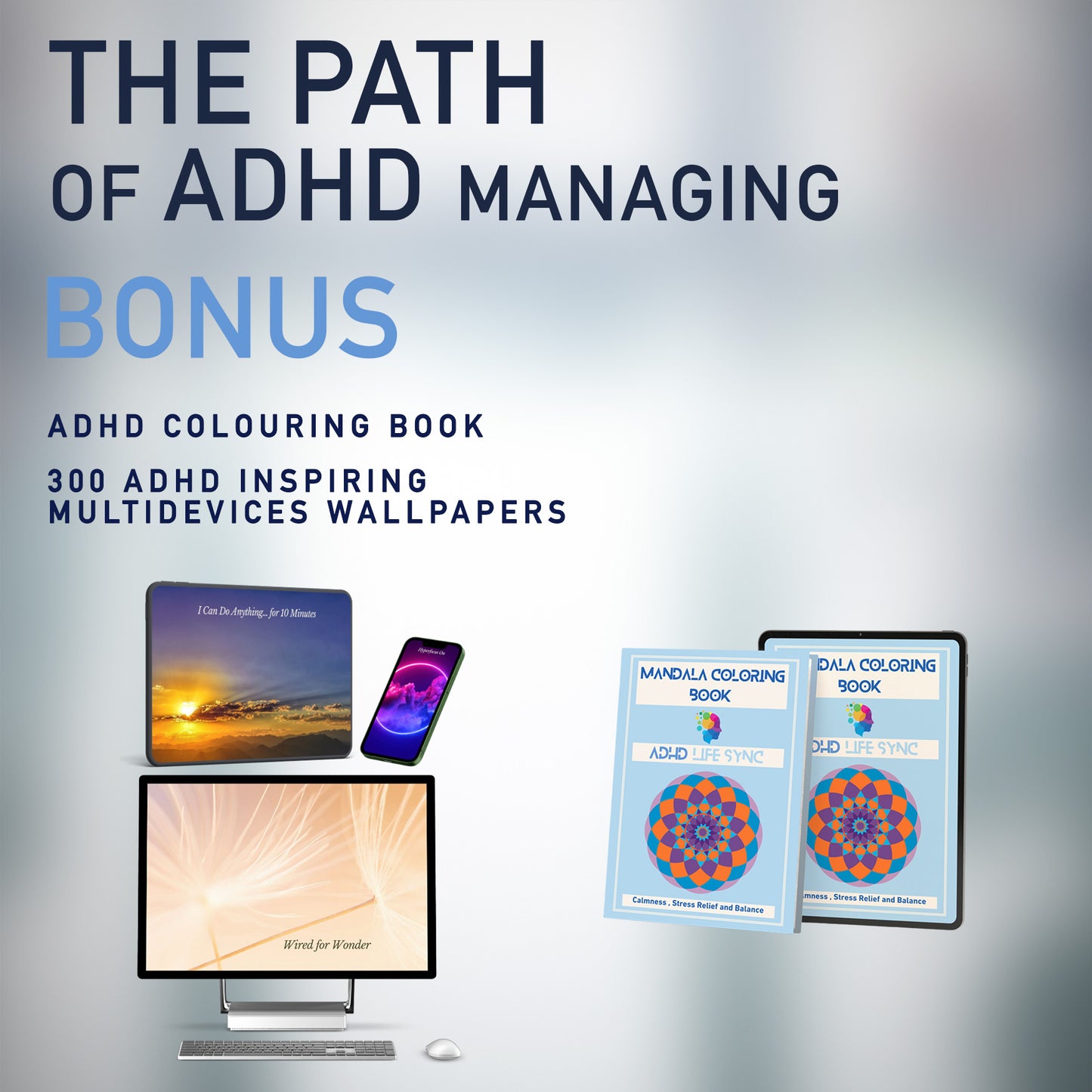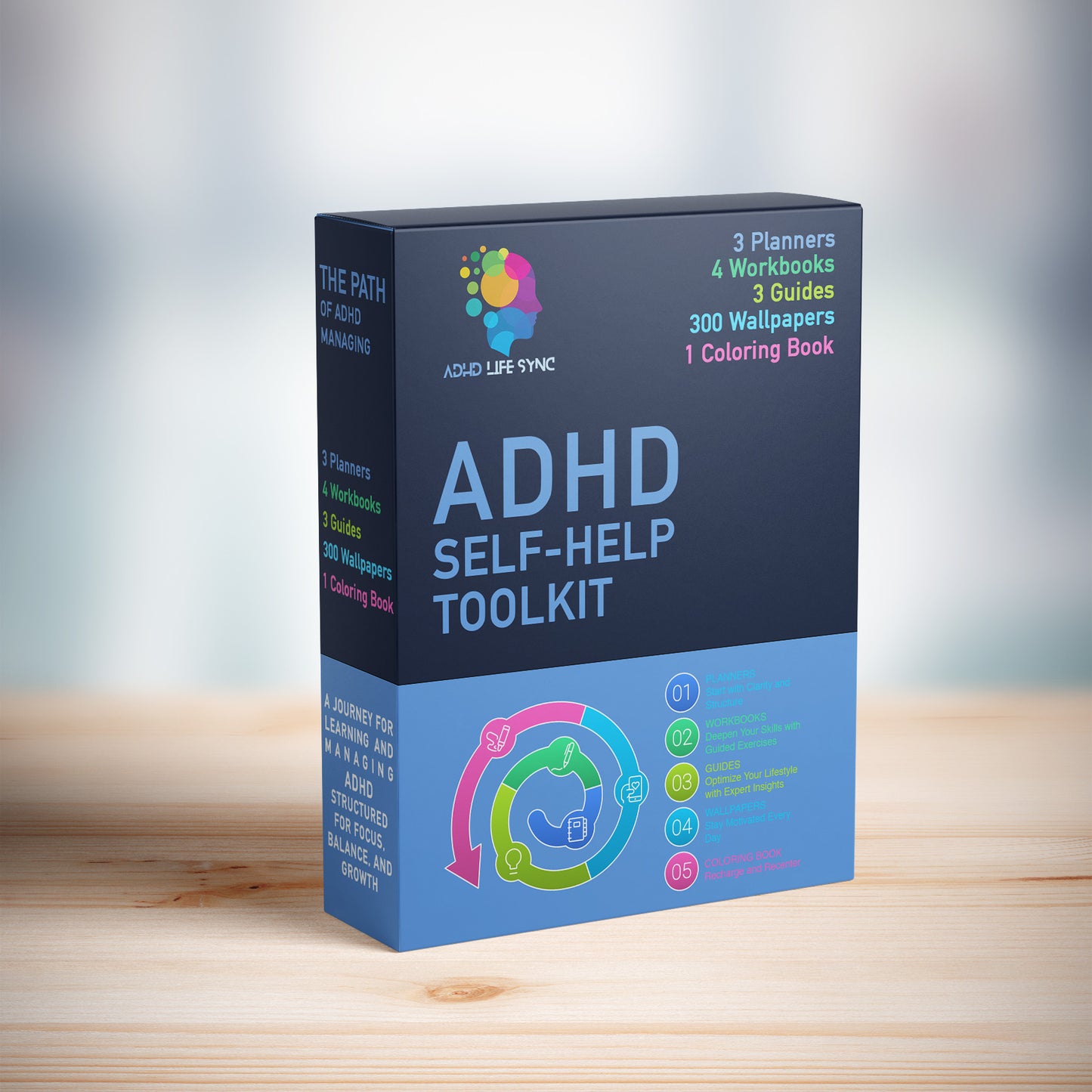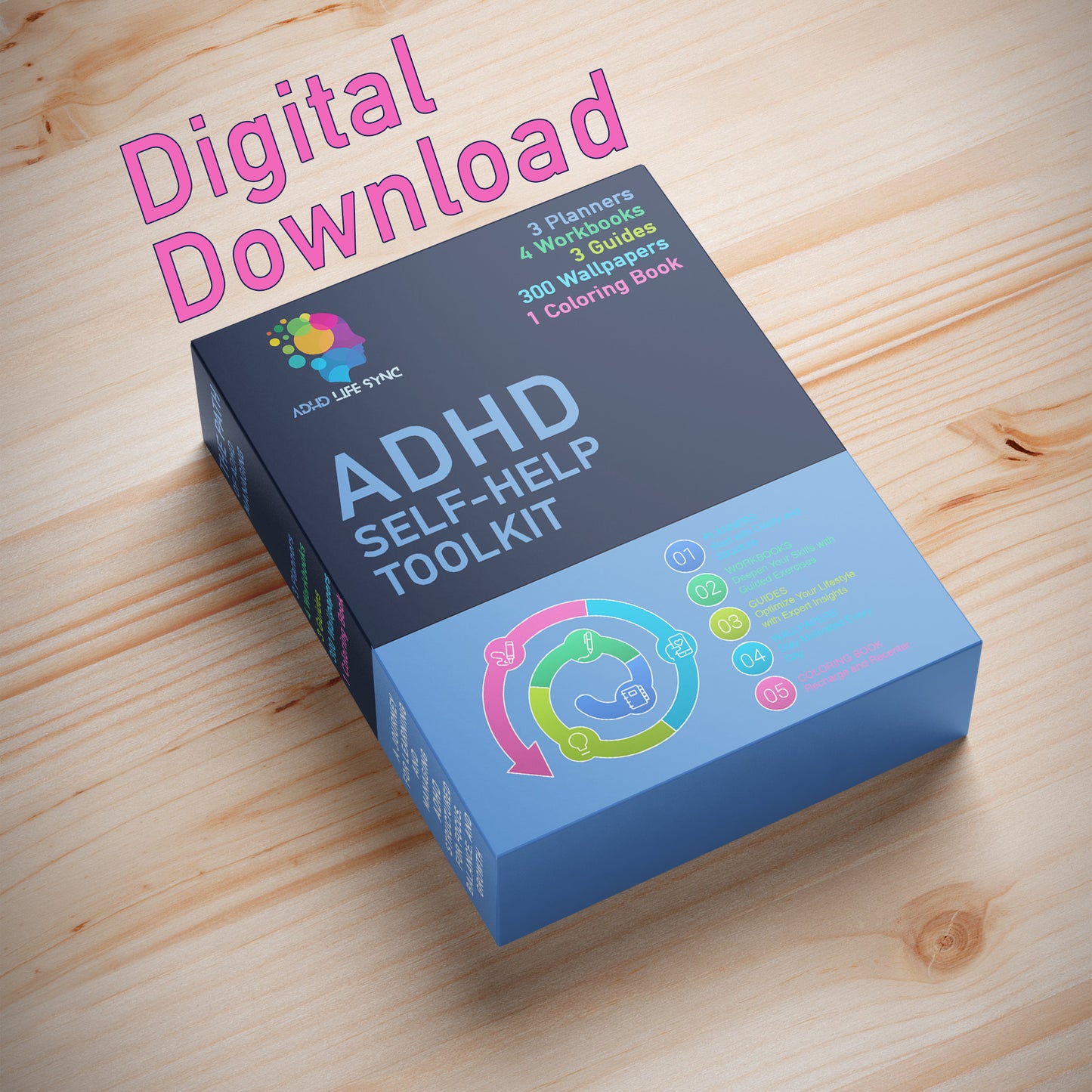
Late to the Party: Discovering ADHD in Adulthood
Hello everyone! Let's talk about a topic that's becoming more common but still doesn't get the attention it deserves: discovering you have ADHD in adulthood. Whether you're in your 30s, 40s, or beyond, receiving this diagnosis can be a transformative moment, filled with mixed emotions. Let's explore what this means and how to best navigate this new phase of life.
Understanding a Late ADHD Diagnosis
Receiving an ADHD diagnosis in adulthood often follows years of questioning why certain aspects of life seem more challenging. You might have always felt a bit different, struggled with organization, or found it hard to focus. Here are some reasons why a late diagnosis can happen:
- Misunderstandings About ADHD: ADHD is often seen as a childhood disorder, but it affects adults too. Many people, especially women, are overlooked because their symptoms manifest differently.
- Coping Mechanisms: Over the years, you might have developed strategies that masked your symptoms, making it harder to identify ADHD.
- Life Changes: Major transitions like a new job, parenthood, or retirement can exacerbate symptoms, leading to a reevaluation.
An Emotional Rollercoaster 🎢
Receiving a late diagnosis can trigger a storm of emotions:
- Relief: Finally, there’s an explanation for your experiences and difficulties. You're not lazy or forgetful; your brain just works differently.
- Regret: It’s natural to wonder how things might have been different if you had known earlier. Be kind to yourself – you did the best you could with the information you had.
- Hope: With a diagnosis, you can now seek the right support and strategies to improve your quality of life.
Steps to Take After a Late ADHD Diagnosis
- Educate Yourself 📚: Learn everything you can about ADHD and how it affects you. Knowledge is power, and understanding your condition can help you manage it better.
- Seek Professional Help 👩⚕️: Consider working with therapists or coaches who specialize in adult ADHD. They can provide tailored strategies and support.
- Build a Support System 🤗: Connect with friends, family, or support groups who understand ADHD. Sharing your experiences can be incredibly validating and helpful.
- Explore Medication Options 💊: If appropriate, talk to your doctor about medication options. It can make a significant difference in managing symptoms.
- Develop New Strategies 🛠️: Find and implement new organizational tools and techniques that cater to your ADHD. This could include planners, apps, or routines.
Embracing Your New Path
A late diagnosis can feel overwhelming, but it’s also an opportunity to rewrite your story with a deeper understanding of yourself. Here are some ways to embrace this journey:
- Self-Compassion: Be kind to yourself. Recognize that ADHD is just one part of who you are and it doesn't define your worth.
- Celebrate Strengths: ADHD often comes with unique strengths like creativity, spontaneity, and resilience. Embrace and leverage these traits.
- Set Realistic Goals: Break tasks into manageable steps and set achievable goals. Celebrate small victories along the way.
- Mindfulness and Self-Care: Practice mindfulness to stay grounded and develop a self-care routine that nurtures your mind and body.
Final Thoughts
Receiving an ADHD diagnosis in adulthood can be both a relief and a challenge. Remember, it’s never too late to seek support and make positive changes. This new understanding of yourself opens up a world of possibilities for growth and self-improvement. Embrace the journey, connect with others, and take it one step at a time. You’ve got this! 🌟
Do you have personal experiences or tips to share about a late ADHD diagnosis? Let's continue the conversation and support each other on this journey!
